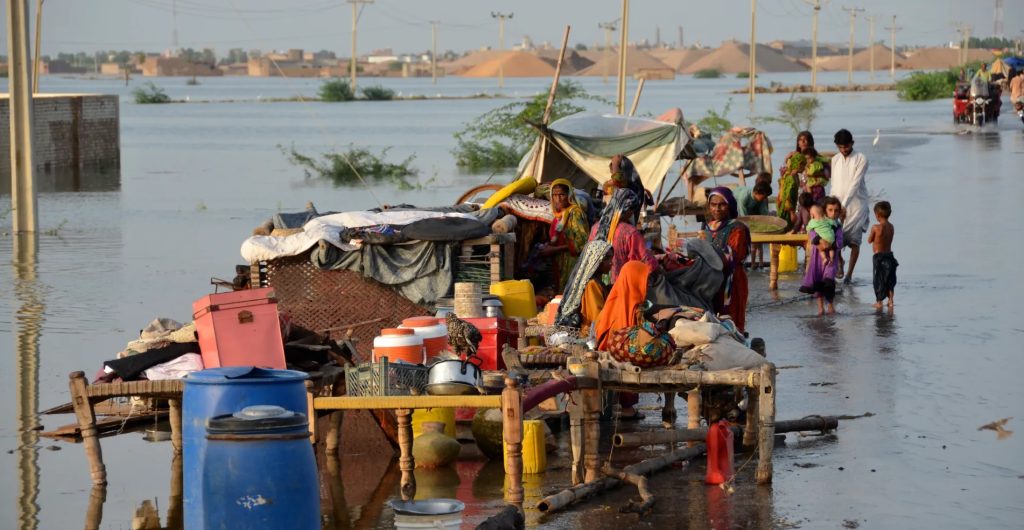The devastating floods that have swept across the country are no longer just a tale of submerged fields, broken bridges, and displaced families. They have now set in motion another alarming crisis: a looming food shortage in Balochistan.
With Punjab halting the supply of wheat and flour to the province, the situation is rapidly spiraling into a humanitarian emergency. The numbers speak for themselves: within just 20 days, the price of a 100-kilogram flour bag has jumped from Rs. 7,000 to Rs. 11,000 in Chaman. Dealers warn that if the impasse persists, prices could touch an unprecedented Rs. 15,000, making flour — the staple of every household — unaffordable and possibly scarce.
The crisis exposes three failures at once. First, the fragility of our supply chains — a single disruption from Punjab, compounded by damaged road networks, has left an entire province vulnerable. Second, the unchecked profiteering by mill owners, who were already accused of black marketing wheat long before the floods. Third, the absence of a coordinated response between the Punjab and Balochistan governments to ensure uninterrupted supply of essential food commodities.
This is not just an economic issue; it is a question of survival for millions. If flour becomes inaccessible, the poorest households will face hunger within days. Already burdened by inflation, displacement, and loss of livelihood, the people of Balochistan cannot endure another blow.
The federal and provincial governments must act with urgency. Immediate measures should include restoring inter-provincial supply lines, cracking down on hoarding and black marketing, and ensuring emergency wheat reserves are allocated to Balochistan. Relief efforts must go hand in hand with food security planning, or else the floodwaters will leave behind not only wrecked infrastructure but also empty stomachs.
The people of Balochistan deserve not sympathy but swift, decisive action. If the state fails to avert this crisis, the cost will not just be counted in rupees, but in human suffering and loss of trust in governance.


